Swiss postpone relaxation of Covid-19 restrictions

The Swiss government has postponed plans to ease coronavirus restrictions, as had been widely hoped. It cited an increasing number of coronavirus cases and insufficient progress on vaccinations.
Restaurants and bars will not be opening up their outdoor terraces on March 22. The only easing measure agreed by the government on Friday is to raise the limits on household gatherings to 10 people from five.
The Federal Council (executive body) said External linkit had not adopted the measures that it had set out on March 12 – which had been under consultation – as “the risk of losing control of the pandemic was too great to allow further relaxation”.

More
Coronavirus: the situation in Switzerland
Pressure
“We will have to be a bit more patient, unfortunately. We cannot justify another decision,” Health Minister Alain Berset told reporters in Bern. “The situation is getting worse and we are at the start of a possible third wave.”
In recent weeks the government has been under heavy pressure from cantons, businesses and other interest groups to ease coronavirus measures, particularly for restaurants. But it has faced a dilemma with the slow rise in the number of new infections since February 20, as in neighbouring countries, and the presence of more contagious variants.
Several new studies show that the new variants, which account for over 80% of Swiss infections, are more dangerous than the previous variants, said Berset.
The minister said the Swiss population must wait another “four weeks” and be careful during Easter to prevent the pandemic getting out of hand. The next steps will be decided on April 14.
Switzerland has already lost control of the pandemic twice over the past year, “we cannot make the same error a third time,” said the health minister.
Relaxation?
On March 12, the government announced that it had begun consultations on a second phase of re-opening. In addition to the re-opening of outdoor seating areas at restaurant and bars, it had also proposed to allow outside events like football matches and concerts with audiences of up to 150 people and for inside events at cinemas and theatres to draw up to 50 attendees.
The Federal Council has been guided in its latest decision by four key indicator values that it has previously set out. However, values for three them are currently not being met, it said.
The two-week incidence stands at 207 cases per 100,000 inhabitants, the positivity rate is over 5% and the reproduction rate is 1.13. Only the intensive care unit occupancy is below the required limit. The vaccination campaign is not progressing fast enough either, according to the government.
On Friday, the Federal Office of Public Health (FOPH) reported 1,748 new Covid-19 cases, a 15% rise compared with the previous week. At present, case numbers are likely to double every three to four weeks, the government said.
Survey
Switzerland’s biggest party, the conservative right Swiss People’s Party, called the govenrment’s decision a “fearful micro measure” and a “slap in the face for the population, tradespeople and businesses”. The business lobby group economiesuisse and the Swiss Industry Union (USAM) were also critical.
“Switzerland is paying the price for its delay in setting up a coherent testing strategy and acquiring vaccines,” wrote economiesuisse.
Gastrosuisse, the association that represents the Swiss catering sector, said the decision was “hard to understand”. It described the governent’s strategy as “too hesitant”.
According to a recent survey, over two out of three Swiss residents said they were in favour of the re-opening of restaurant terraces before the end of March. But a growing number of people agree with the government’s management of the pandemic, it showed.
The first phase of re-opening after the latest shutdown started at the beginning of March and included shops, museums, and libraries as well as the resumption of sporting and cultural activities for youngsters. Schools and many ski lifts are open, but restaurants and cultural venues are currently closed.
So far, more than 9,400 people have died of Covid-19 in Switzerland and neighbouring Liechtenstein during the pandemic, while almost 579,000 cases have been confirmed.
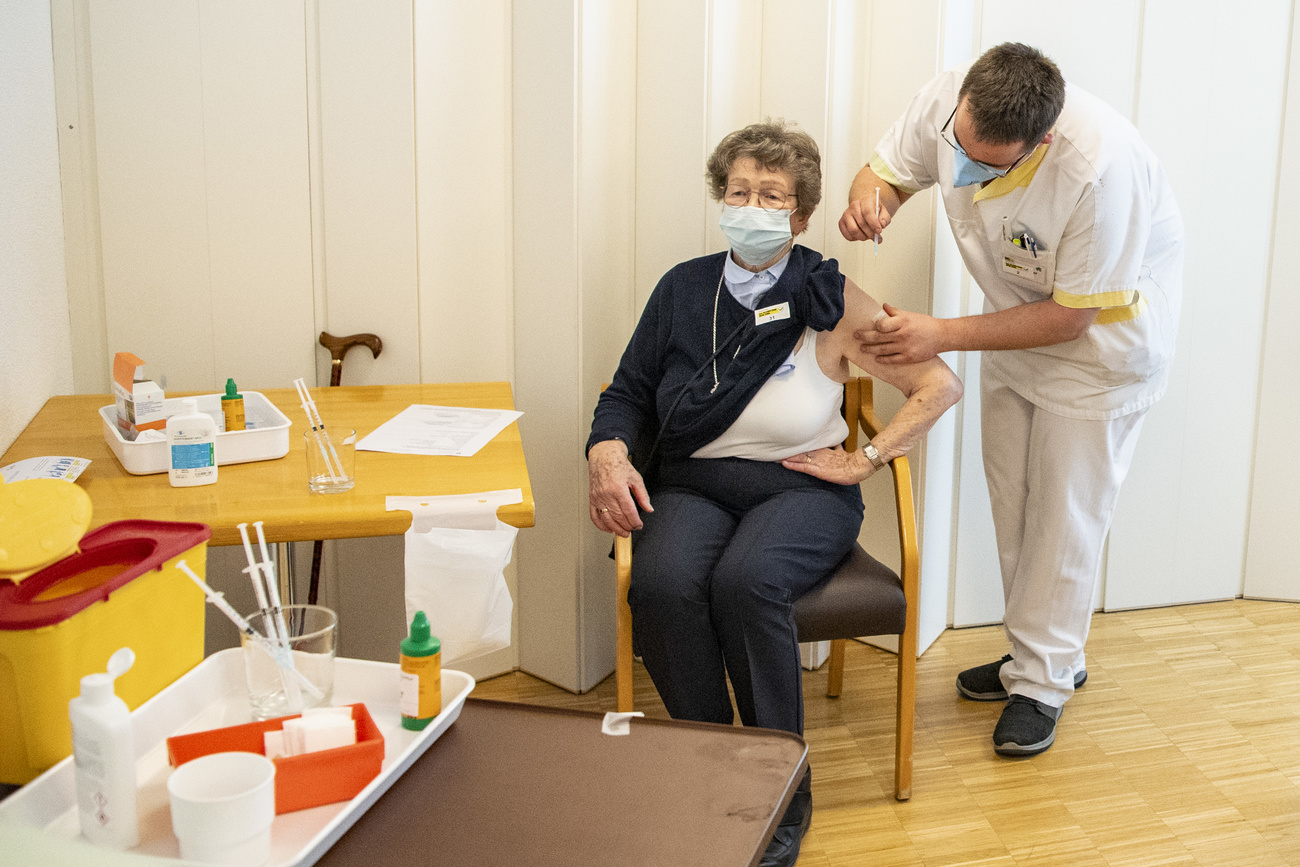
More
Covid-19: vaccine rollout starts to bear fruit among Swiss seniors

In compliance with the JTI standards
More: SWI swissinfo.ch certified by the Journalism Trust Initiative













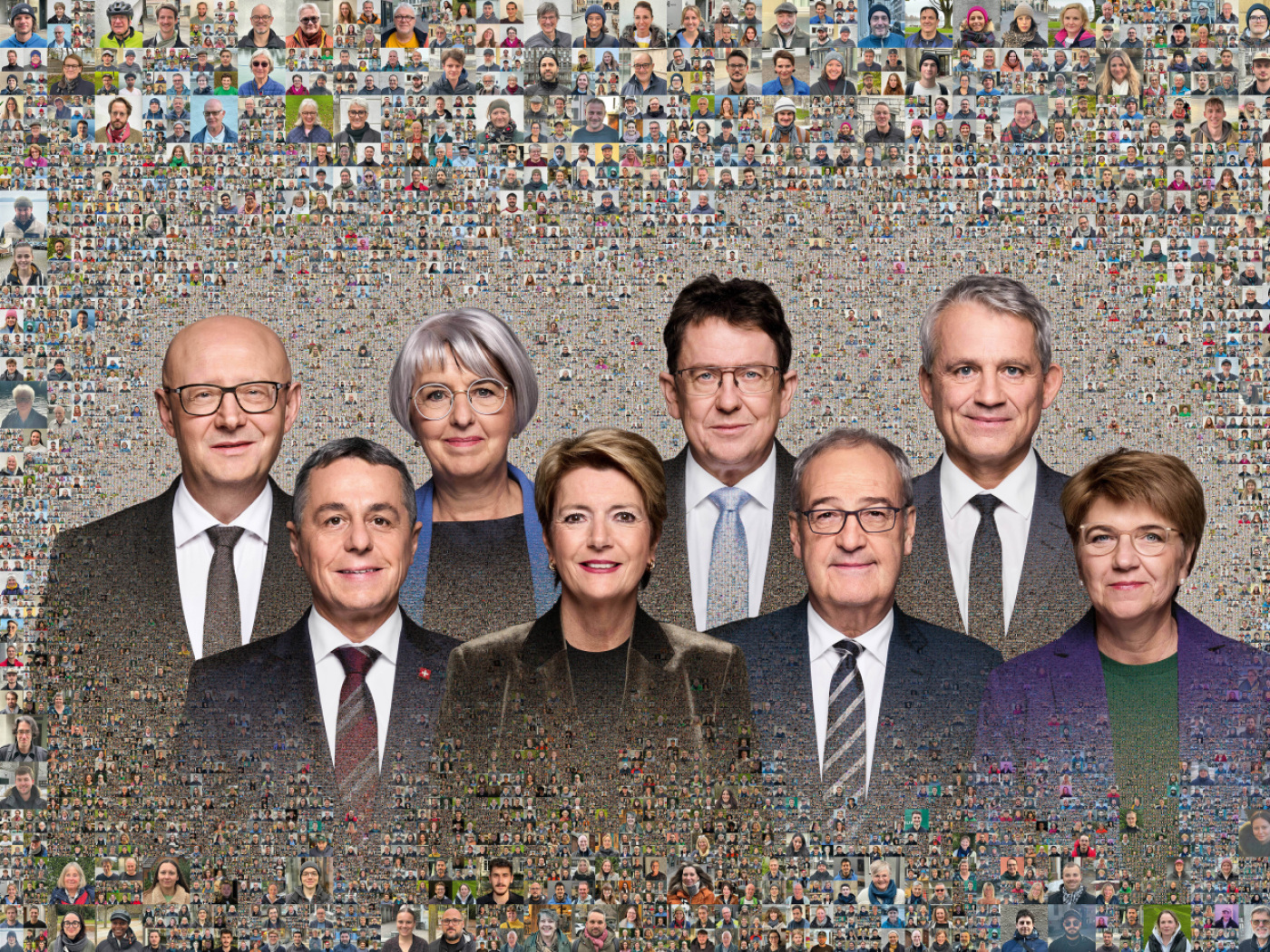
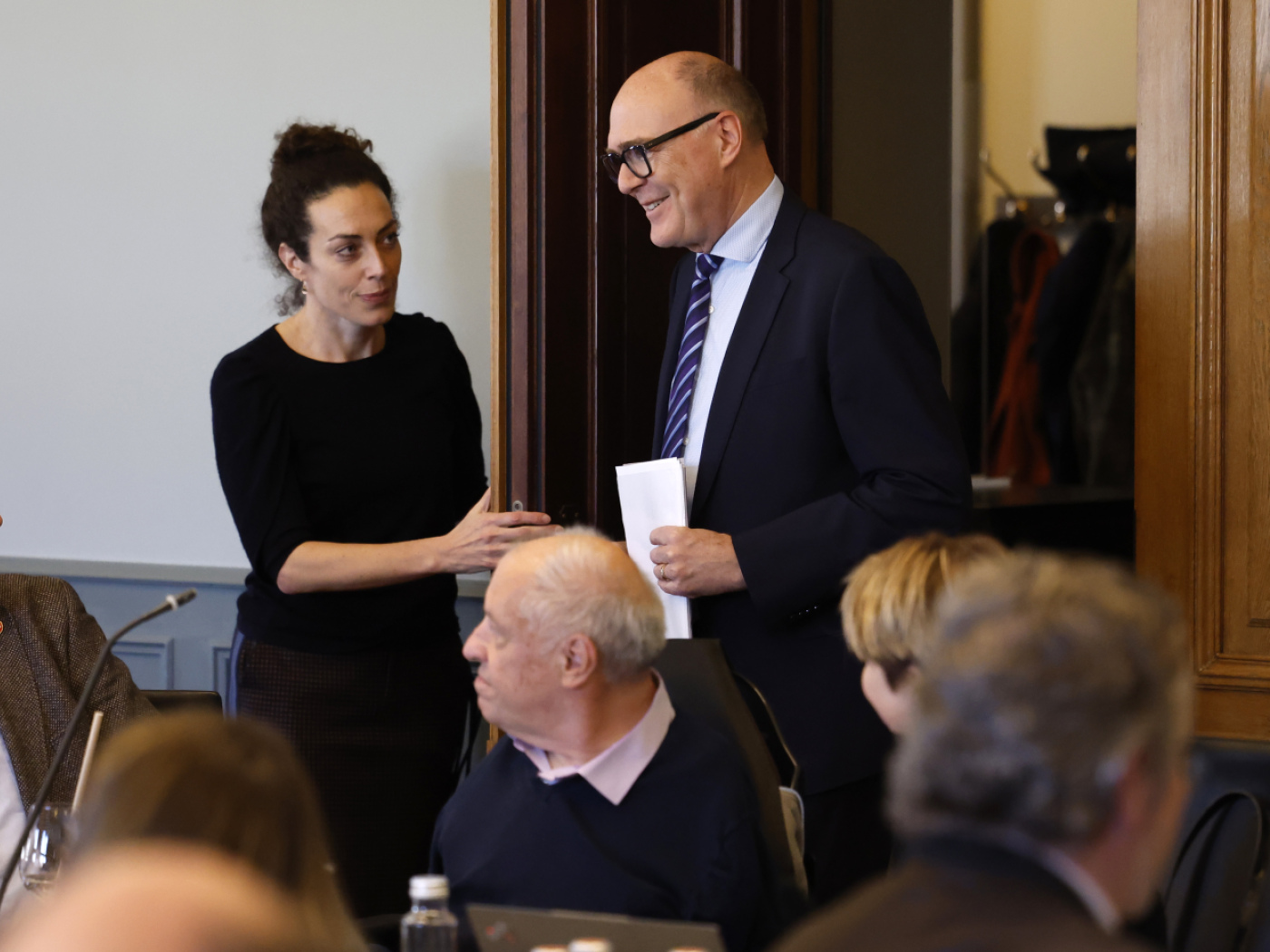



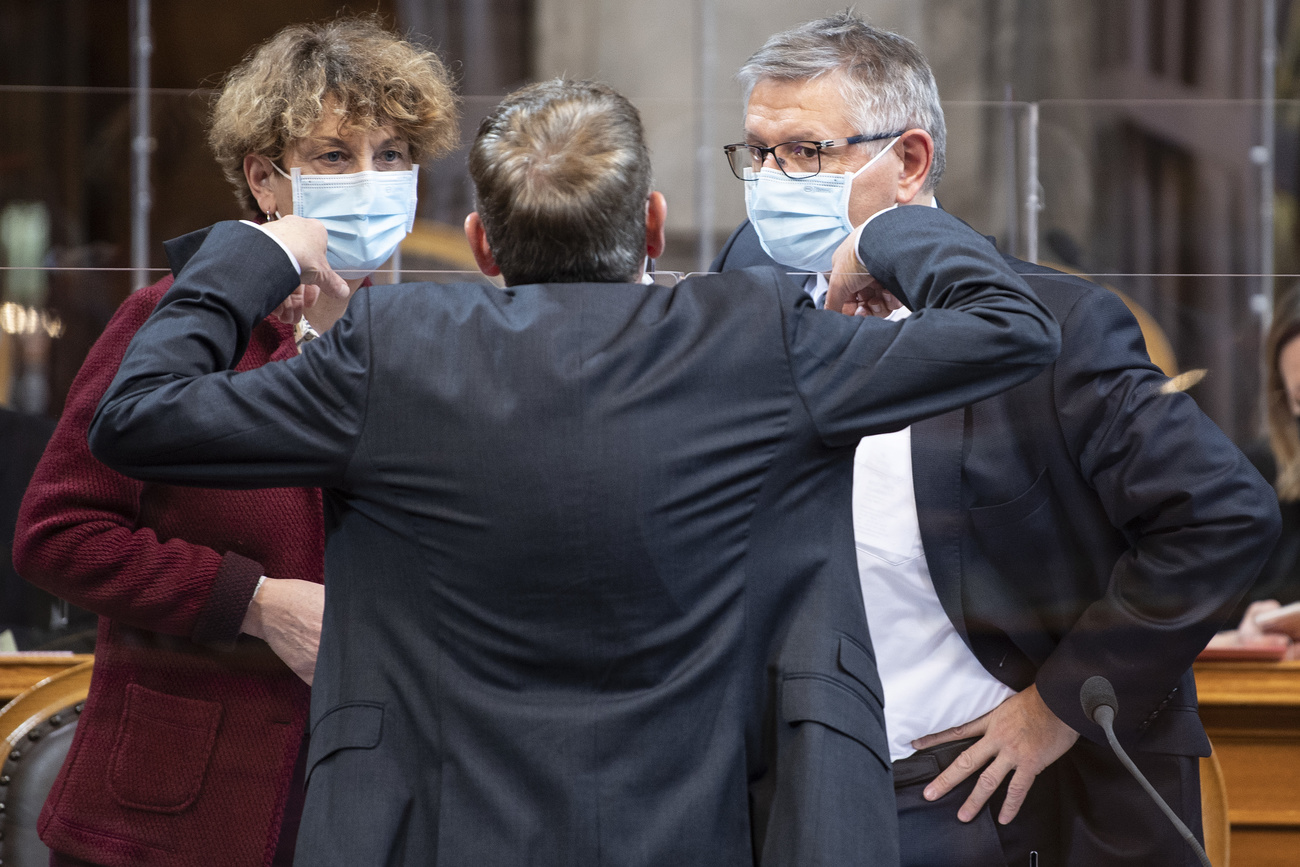
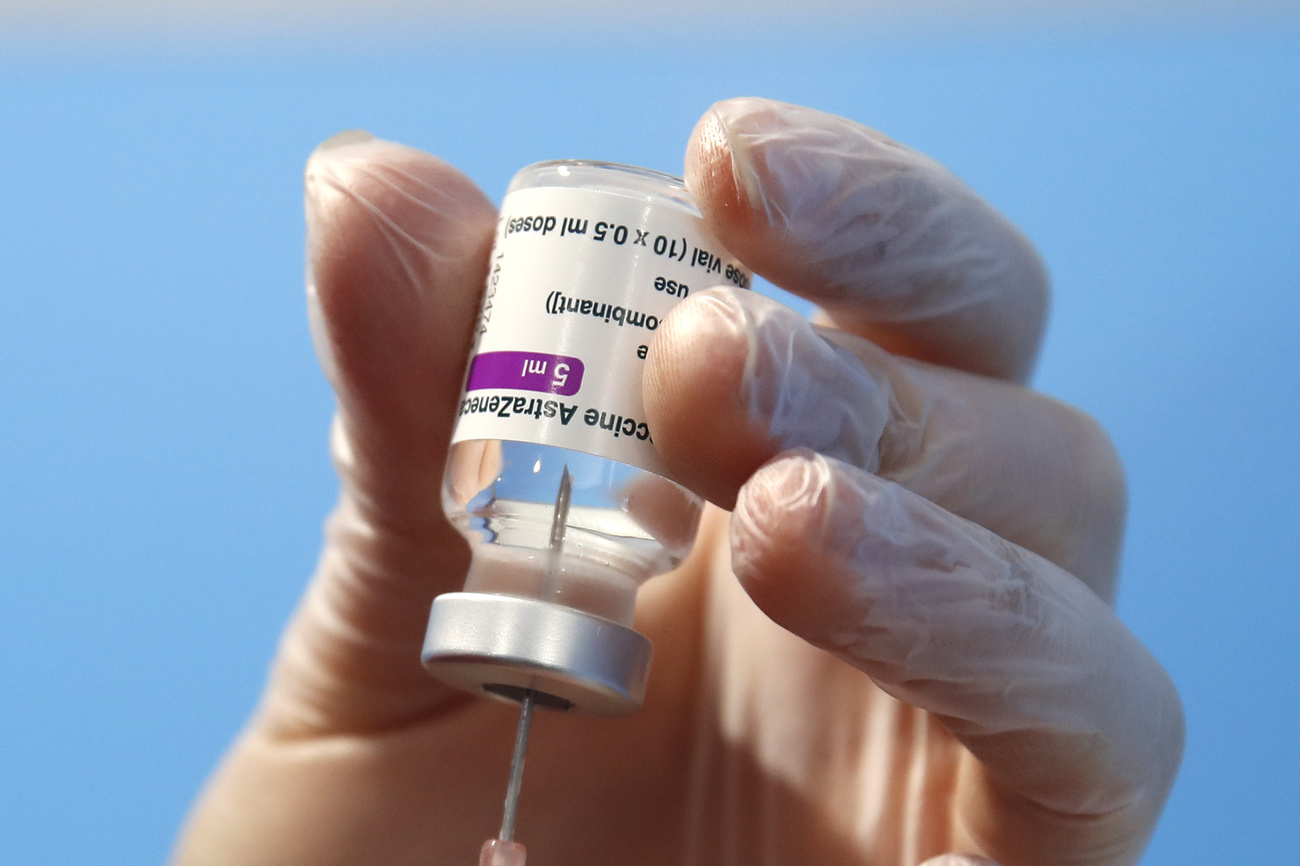



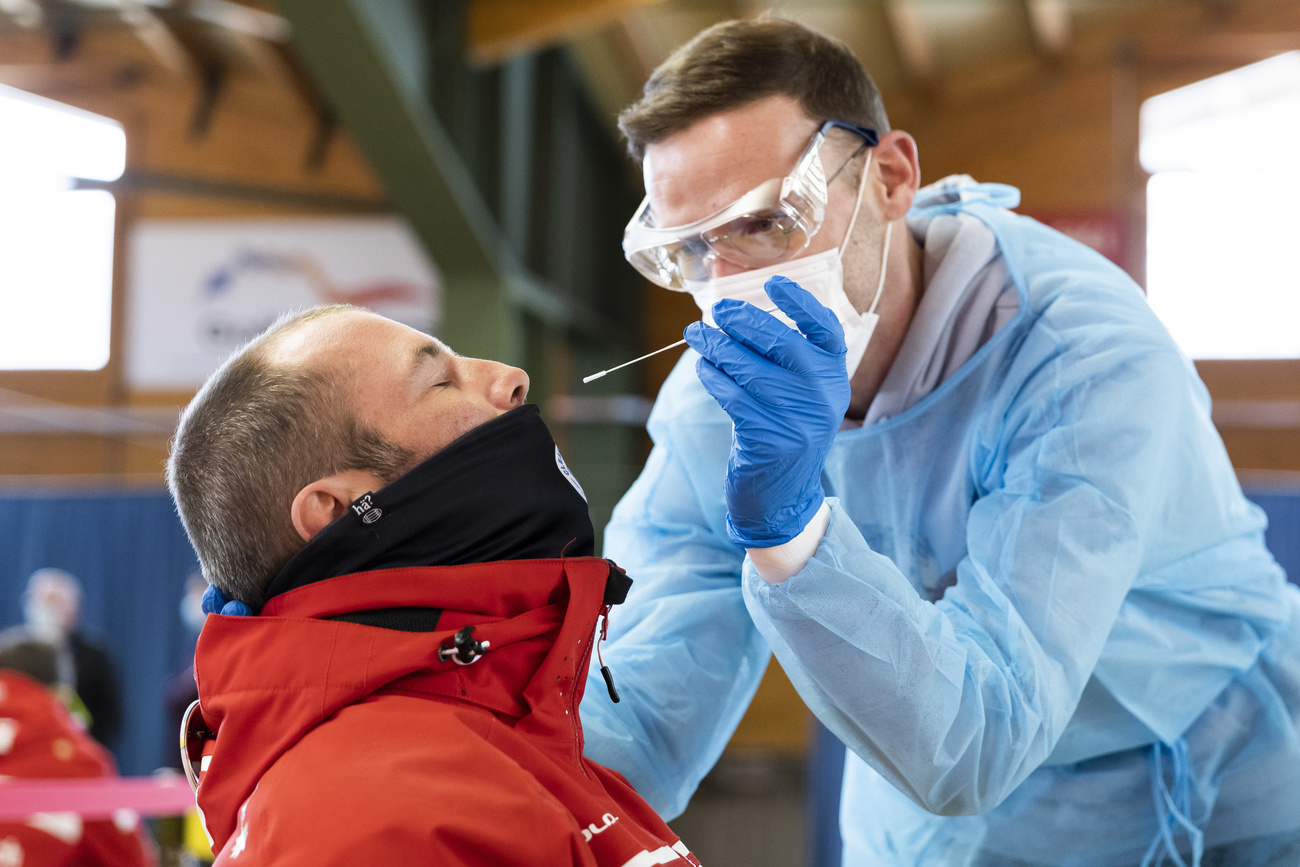


You can find an overview of ongoing debates with our journalists here . Please join us!
If you want to start a conversation about a topic raised in this article or want to report factual errors, email us at english@swissinfo.ch.